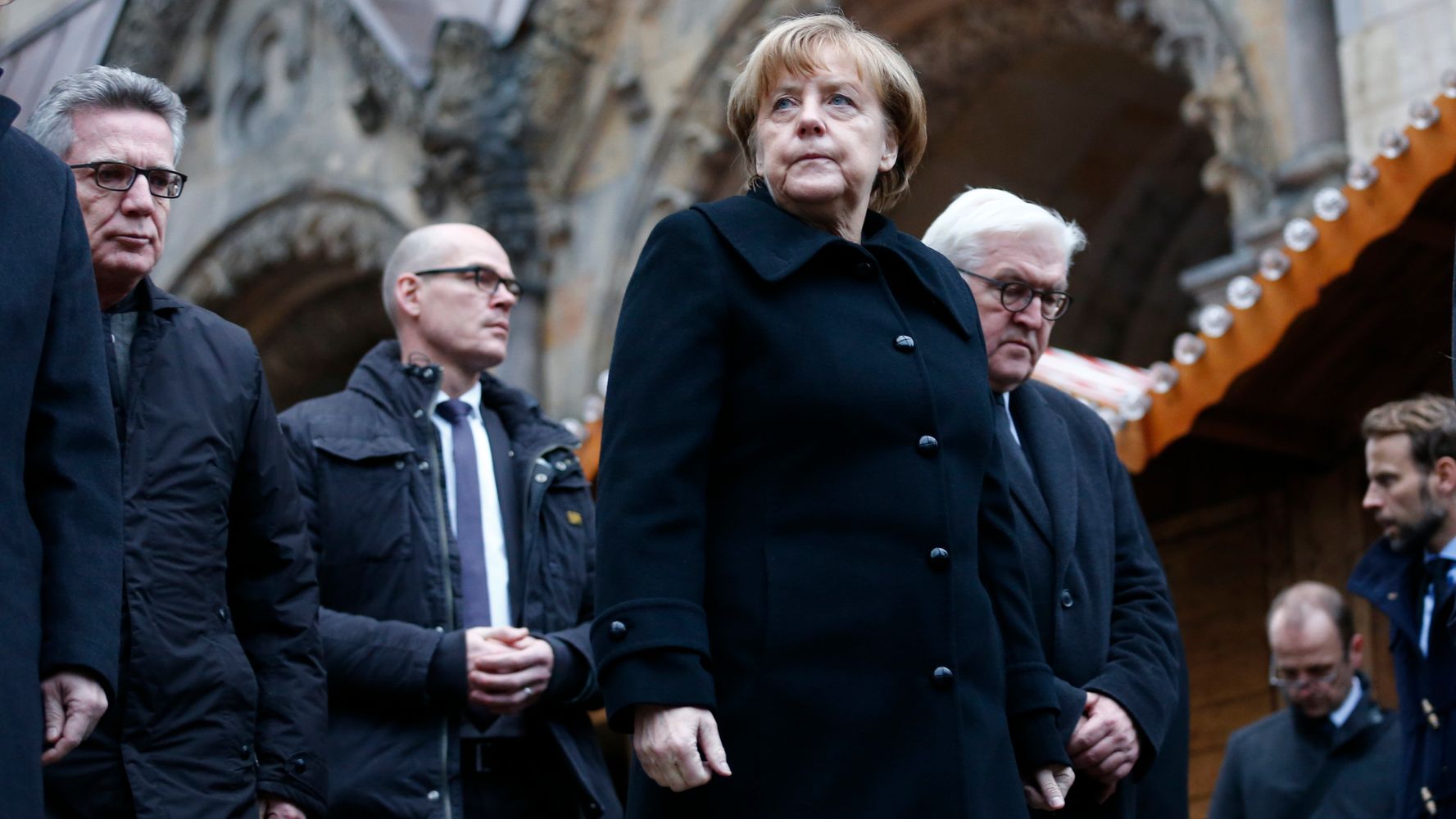It didn’t take long for Germany’s far-right party Alternative for Germany to exploit the Berlin terrorist attack for political gain. “These are Merkel’s dead,” tweeted AfD leader Marcus Pretzell on Monday.
However, Germany has been on the radar of Islamist terrorists for quite some time. So have Christmas markets: in 2000, four Algerians plotted to blow up the Christmas market in Strasbourg in France. In 2007, three terrorists were arrested in Germany for planned simultaneous car bomb attacks ― “the world will burn,” one reportedly said.
Terror arrived in Germany long before the Berlin incident. But it was the first in recent times that caused such significant casualties. This is very tragic, but to exclusively blame it on Syrian refugees defeats the purpose of trying to understand how to combat terrorism and prevent future attacks from happening. The suspect, Anis Amri, who was killed in a shootout with police near Milan today, was a Tunisian who came to Europe in 2011, entering through the Italian island of Lampedusa. This was back before the Syrian civil war had become the regional conflagration that it is today; it was also during the aftermath of the Arab Spring, when order in some countries in northern Africa was on the verge of collapsing. How many asylum seekers came to Europe then with bad intentions? How many of them were already eager and keen to become terrorists? The honest answer is: we don’t know.
But the right wing’s take on the Berlin attack is shortsighted. As a matter of fact, when southern Europe groaned under the pressure of refugees, the rest of the continent was indifferent about it. Europe’s refugee policy is flawed. The continent needs to get its act together: the regions around it may most likely remain in upheaval and turmoil for quite some time. Not having done so yet has nurtured the rise of anti-establishment activism, right-wing parties and xenophobic violence across the continent.
Europe’s refugee policy is flawed. The continent needs to get its act together.
For now, Angela Merkel’s fate depends on how she handles the crisis in her government and the reaction of her electorate unfolding after the Berlin attack. Politicians from her Bavarian ally party, the Christian Social Union, already toured TV and radio stations showing little solidarity with the chancellor. Their fear is that the AfD may gain voters from the CSU and Merkel’s Christian Democratic Union in the federal election next fall.
Just like in many countries, the fear spreading after a terrorist attack has the potential to turn the political tables. In Germany right now, the scenario is bizarre: Merkel faces an enemy within her government acting irrationally. If Merkel fails to win next year, the CSU’s Bavarian conservatives would fail to re-enter the national parliament. Some say the logic behind this was to overturn Merkel and install a new candidate for the chancellory. At a moment when the country and its government should stand united, Germany sees a rising division in society.
But Merkel’s role is far more important than the division she faces today in the wake of this one attack. She is the only European leader who, at this point, could talk her colleagues into a new immigration policy deal. She is also the only leader who could stand up to U.S. President-elect Donald Trump, who himself has expressed an intention to dial back America’s military engagements and commitments abroad. Without the U.S., however, Europe is left quasi-defenseless and would see many more terrorist actions succeeding.
What we seem to learn from the Berlin attack is this: a brave lorry driver from Poland fought the terrorist until he couldn’t. And Anis Amri, now dead, too, was never wanted in Europe, nor was he invited by Angela Merkel into Germany. The right wing’s exploitation of the terrorist incident is most likely just the warm-up leading into a hot election year in Europe: France and Germany will choose their governments for the coming years. The campaigns will largely revolve around immigration issues, Islam and Muslims in Europe. Hate, once crawled out of the box of Pandora, will only serve to harm our own societies tremendously.





